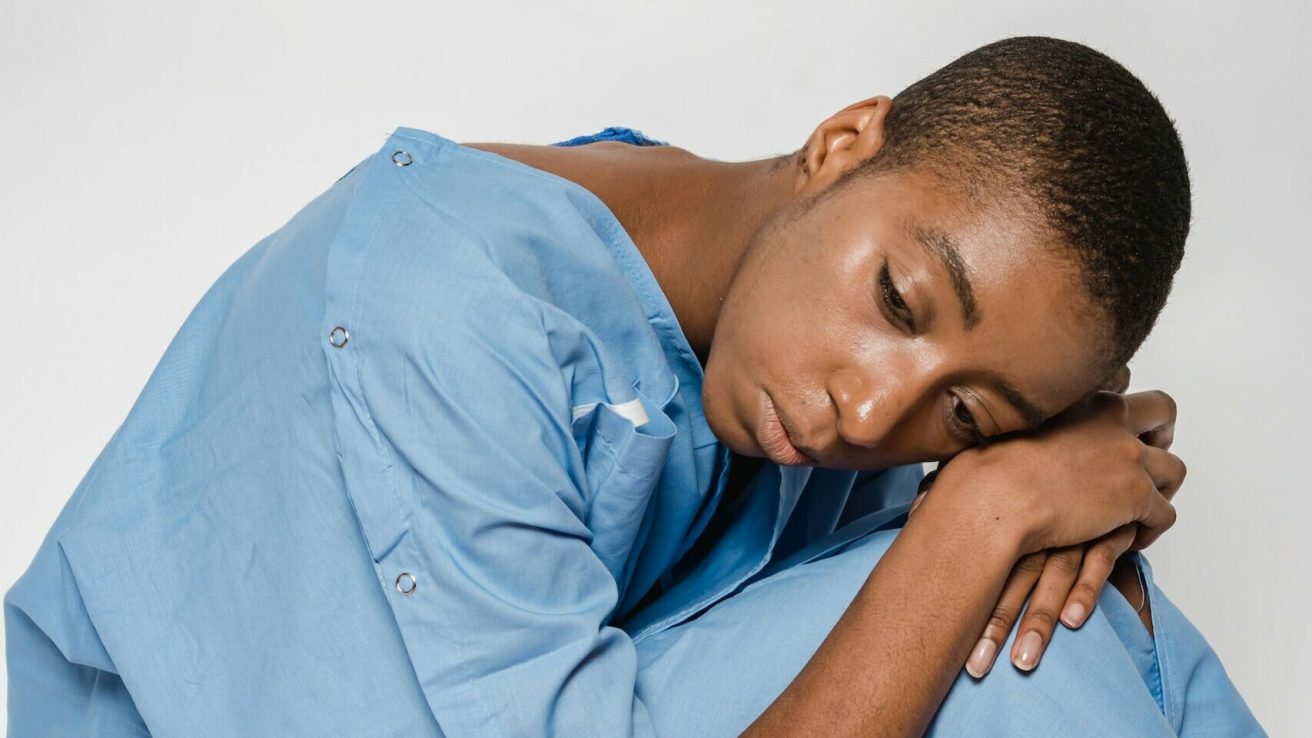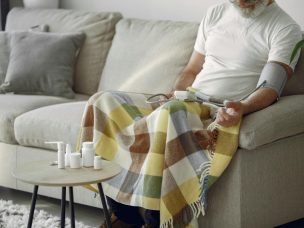Psycho-oncological support is necessary for many cancer patients. This study examines the disparate ways that this treatment is available to Black women.
Many patients with cancer require some type of psycho-oncological treatment to deal with the psychological distress that is associated with cancer diagnosis and treatment. Systemic gendered racial oppression often experienced by Black women can cause this distress to be heightened. Various types of social conditions and socioeconomic factors contribute to inequities in access to care and financial resources for care, which can make it more difficult for Black women to obtain proper treatment.
In the context of psycho-oncology, the distress faced by different patient groups who deal with the effects of a cancer diagnosis is just as important as the physical health outcomes that they ultimately face. Past research has shown that although psychological distress is common for most cancer patients, it tends to decrease in White women as they undergo treatment, while it tends to remain high in Black women up to 1.5 years after recovery. This study, published in the journal Psycho-Oncology, examines the racial and gender disparities in psycho-oncological care as they relate to Black women with cancer.
Analyzing Psycho-Oncological Referrals Among Black and White Cancer Patients
The study relied on data from 1,598 cancer patients who received a psychosocial distress screening. Multilevel logistic modeling was used to examine how commonly Black women were referred to psycho-oncology services as compared to Black men, White women, and White men, while controlling for patient-reported practical and emotional problems, along with psychosocial distress. The average patient age was 48 years, with an age range of 18–90 years.
Disparate Referrals Observed Specifically for Black Women
Black women were found to have the lowest probability of receiving a psycho-oncological referral, at only 2%. This is in comparison to 10% for White women, 9% for Black men, and 5% for White men. Nurse caseload was also included in the analysis, and the probability of psycho-oncological referral increased as nurse caseload decreased for all groups except Black women. The exact reasons for the lower psycho-oncology referrals for Black women are not clear, but these findings can inform practices to increase equal care for Black women in this area.
Source:
Aburizik, A., Brindle, M., Johnson, E., Provencio, A., Kivlighan, M., & LeBeau, B. (2023). Black women’s distress matters: Examining gendered racial disparities in psycho‐oncology referral rates. Psycho-oncology. https://doi.org/10.1002/pon.6134






